Jean Vigo | 43min

The rule of law is little more than an arbitrary imposition of authority in Zero for Conduct, and it is up to no one but the roguish schoolboys of its French boarding school to restore the natural order. For Caussaut, Colin, and Bruel in particular, a revolt is sorely needed for the students to counter that titular disciplinary punishment, condemning them to detention on Sundays. As such, they spend lunchtimes plotting against their teachers, planning a mutiny for commemoration day when staff and alumni gather to celebrate the school, and hoping to reclaim their liberty in a scaled-down yet equally impassioned French Revolution.
These three students are certainly not the only disenfranchised members of their cohort though. It is only natural that boys this age should seek to satiate their curiosity through play and pushing boundaries, so Jean Vigo often gathers them into what Sergei Eisenstein once labelled a ‘monistic ensemble’ – a sense of group identity achieved through complete visual unity. High angles are often used here to frame them in systematic formations, lined up along their dormitory beds or sitting at classroom desks, but so too do these same shots often capture them running through amok with gleeful abandon.
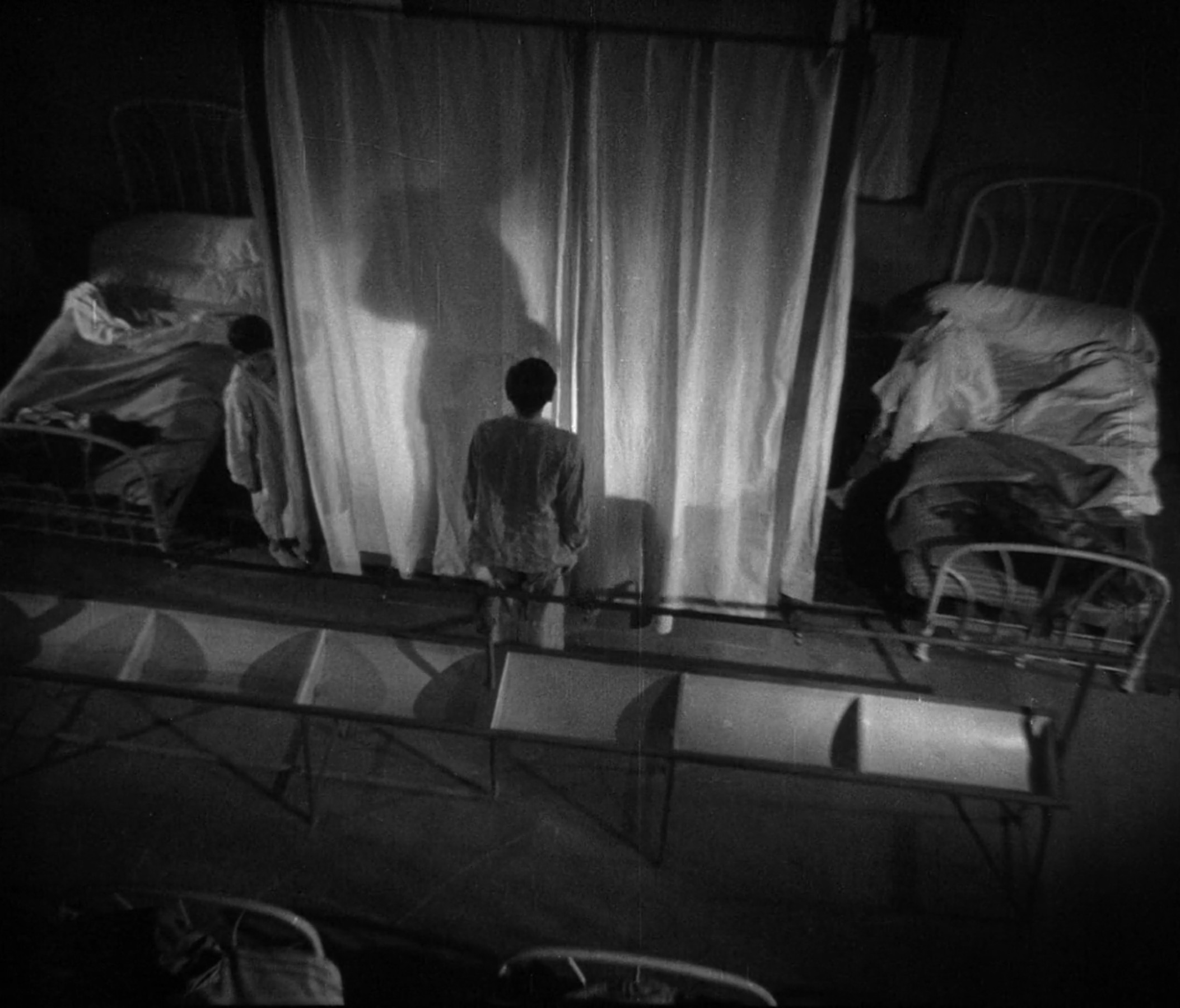
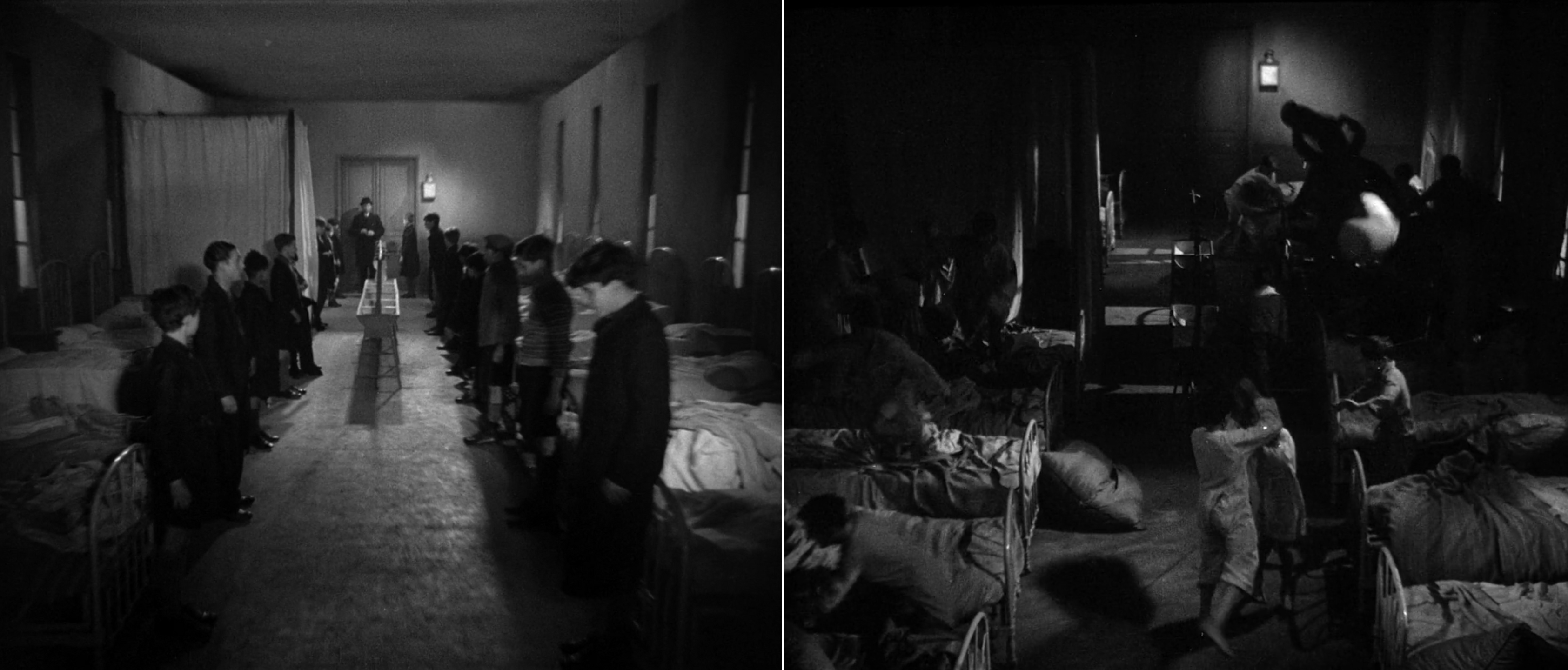
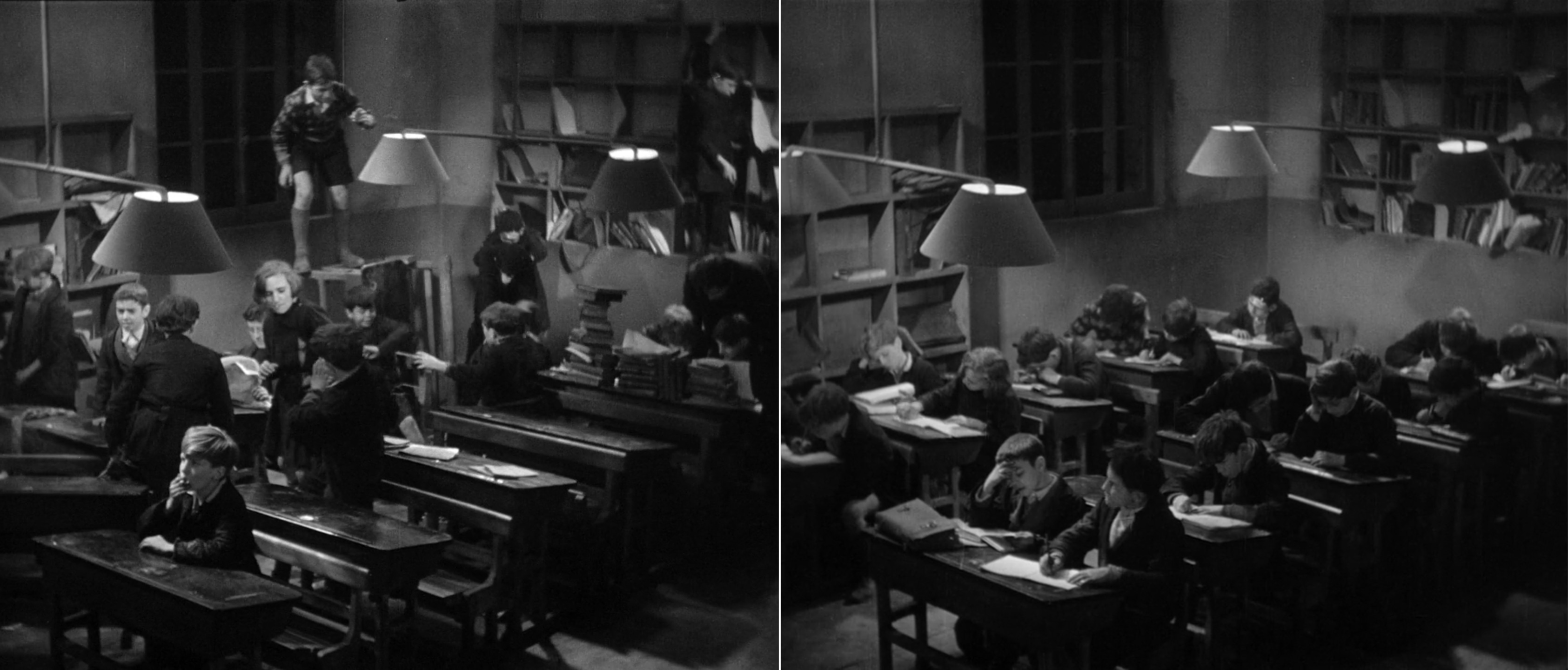
Together, these children pass time with pranks and games, only really pulling themselves into line when ordered. Even then though, little can truly quell that stubborn streak of independence which interprets commands as challenges. When the oddly affectionate science teacher questions Tabard on why he isn’t taking notes, the student viciously bites back, and the arrival of a spirited class supervisor who does Charlie Chaplin impressions certainly doesn’t help to keep them under control.
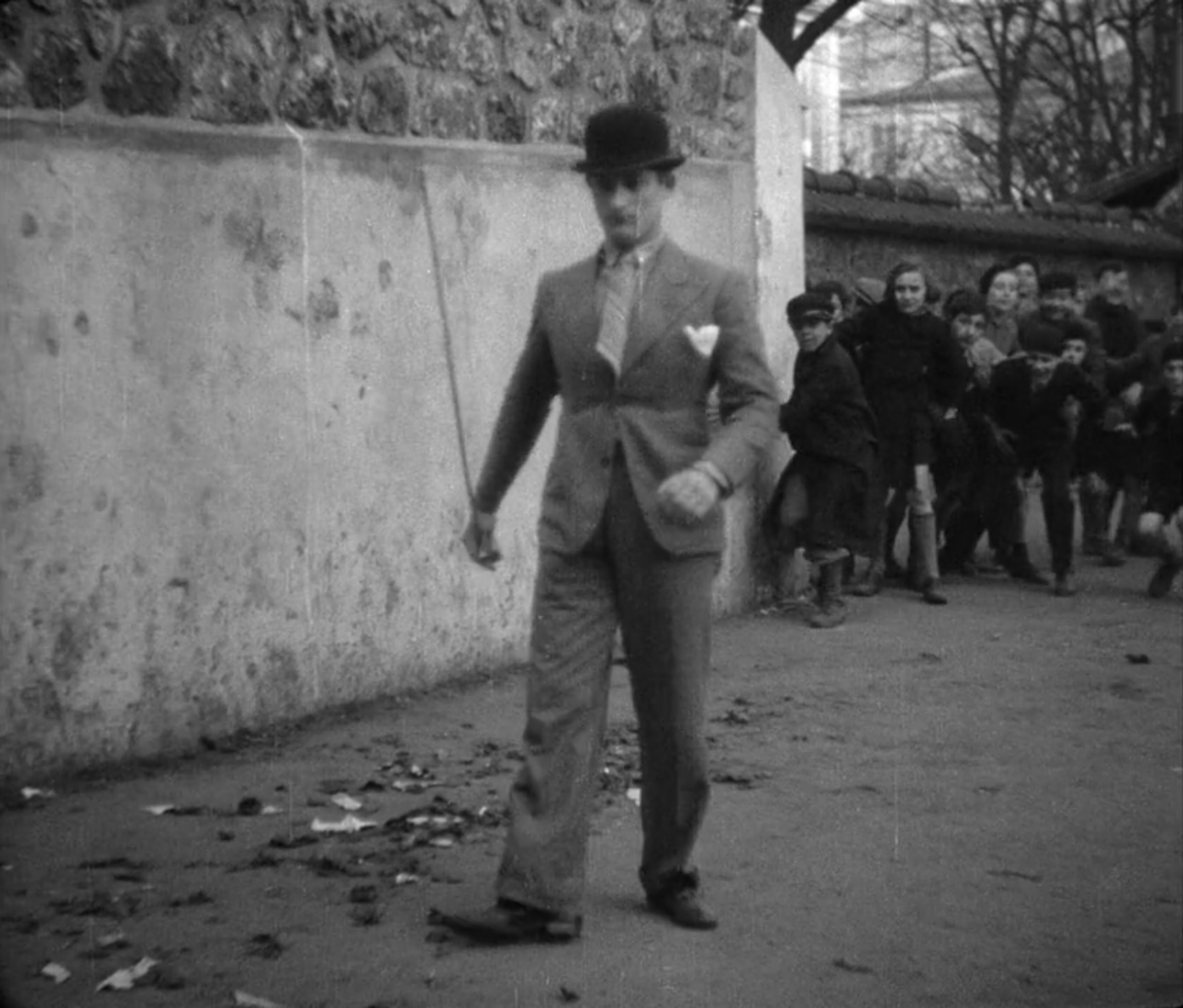
It isn’t too difficult to imagine how Vigo might have flourished during the French New Wave some 30 years later, though given the impact that Zero for Conduct bears upon François Truffaut, perhaps this would also defeat the point of its influence. The young director is evidently far ahead of his time, crafting a coming-of-age featurette which revels in its carefree naturalism and youthful outlook. Its brevity matters little with a director who knows exactly how long his story needs, and Vigo is economical indeed with his nonchalant pacing, smoothly shifting between vignettes that progressively mount a rising disenchantment.
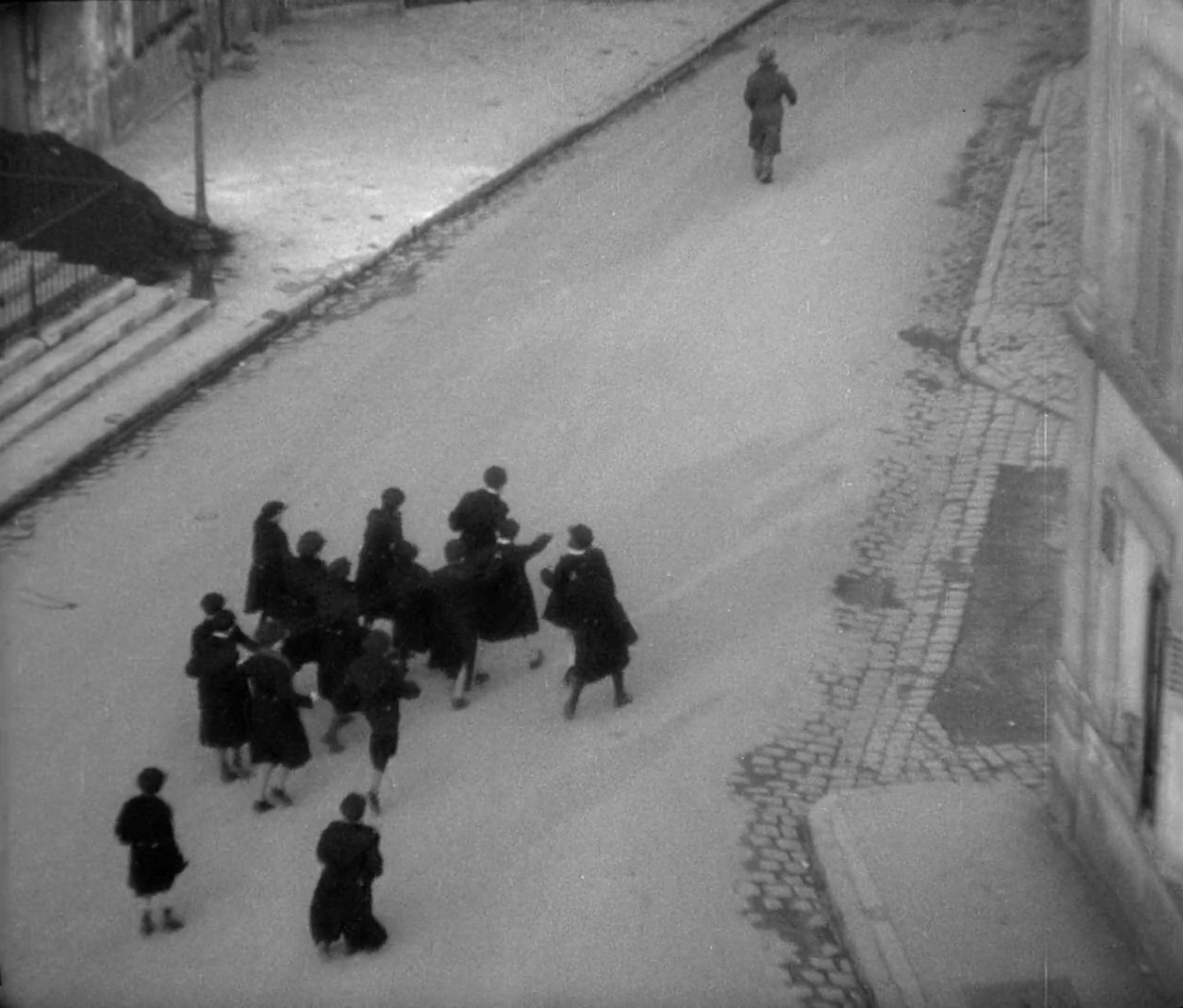
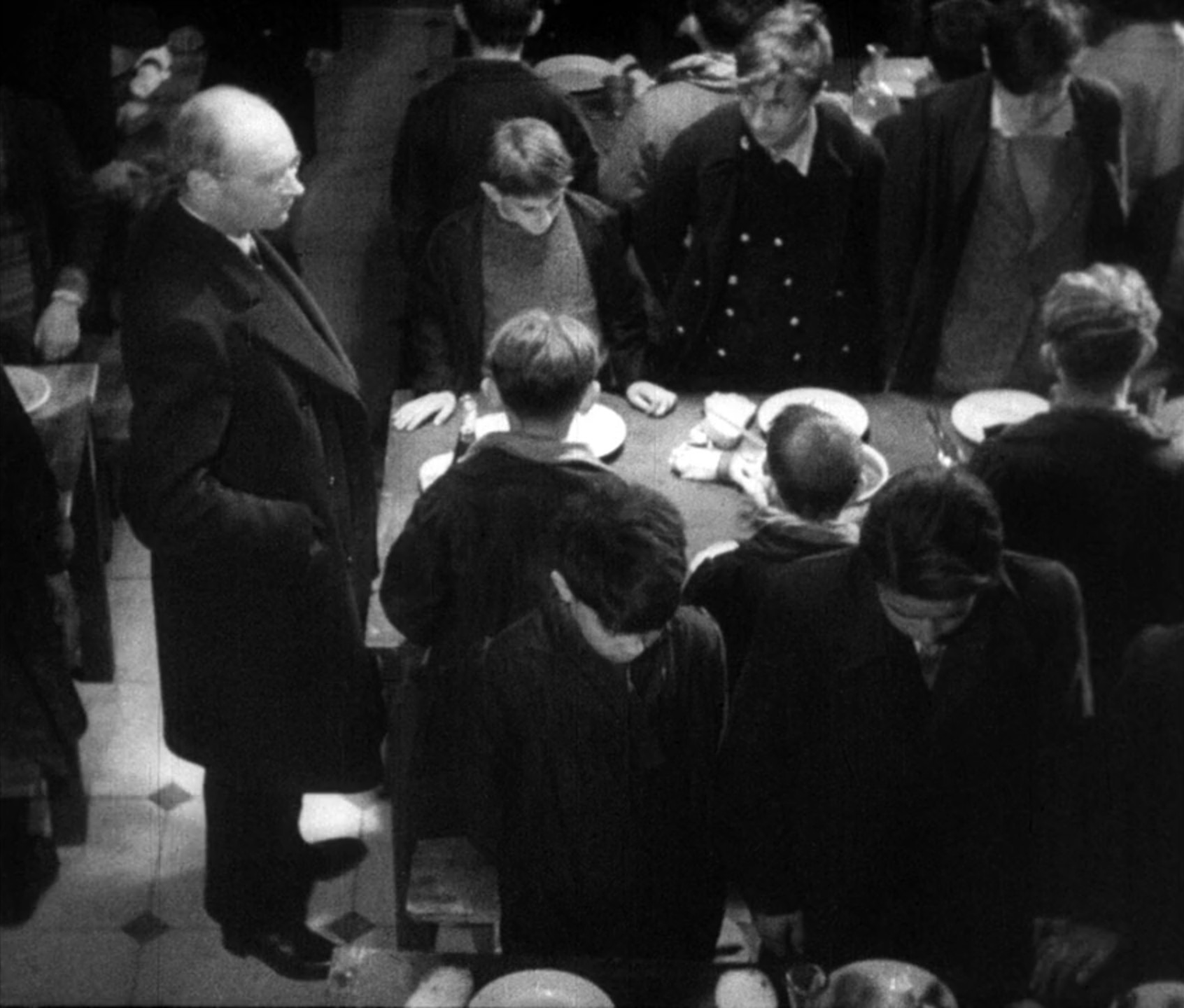
This is not even to mention the form-shattering irreverence that comes with Zero for Conduct’s brief dip into animation, bringing to life a caricature the childlike supervisor Huguet draws while performing a handstand to impress the students. Its resemblance to the their tall, moustachioed teacher is no mistake, entertaining the children for a short time before its subject arrives and discovers the drawing. Taken by surprise, the lanky cartoon leaps into the air, before transforming before our eyes into a stout, potbellied figure of Napoleon. Vigo is harsh in his comparison of the school staff to iconic tyrants, though given the role these students have taken as revolutionaries, his political metaphor falls cleanly into place.
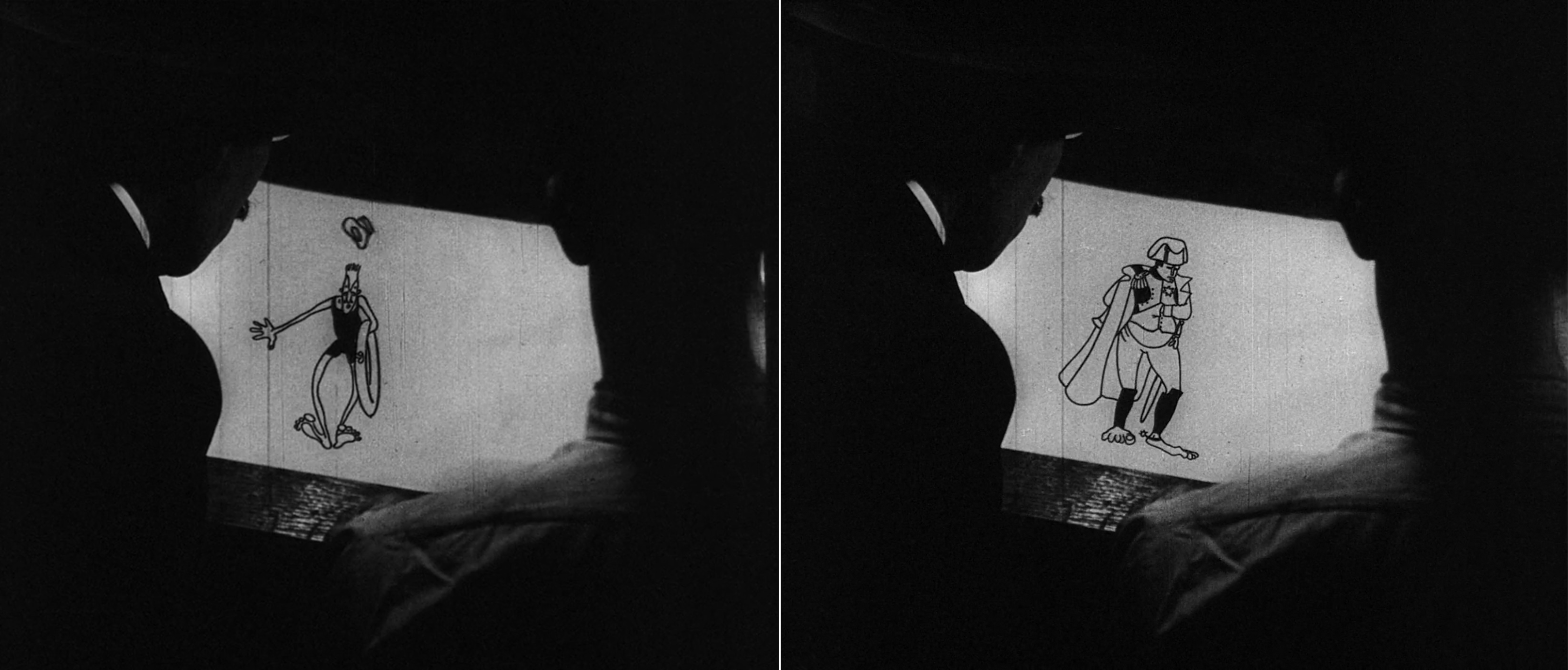
Especially once we reach the boys’ day of emancipation, it is impossible to deny that their rebellion is anything other than a repeat of history. “Liberty or death!” they cry in their dormitory, raising flags and declaring war on the staff. Those glorious high angles return as the young insurgents form a procession, before launching an assault on their teacher using bed frames, blankets, and pillows. In this moment of euphoric anarchy, Vigo also initiates one of cinema’s earliest and greatest displays of slow-motion, revelling in the joyous mutiny. Feathers float through the air as the children carry their leader out on a chair, their elation blissfully stretched out in time and spurring them on to the next phase of their revolution.
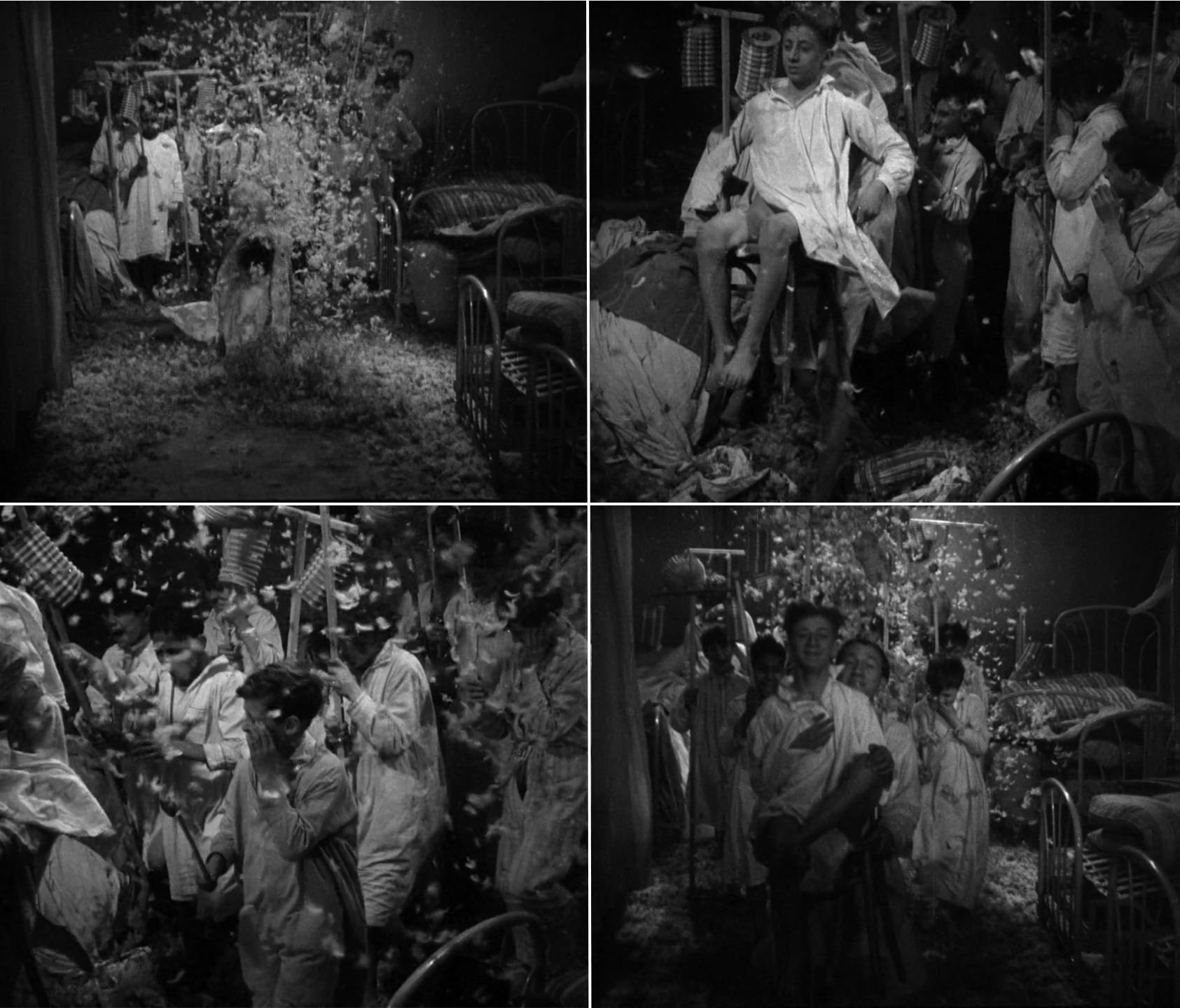
From atop the roof, the boys pelt guests visiting the school for its commemoration day with junk, much to the staff’s humiliation and displeasure. With the pomp and circumstance dissipating and Huguet cheering them on below, it is apparent that Vigo cares little for whatever consequences should arrive after Zero for Conduct’s final shot of the boys victoriously reaching the top of the roof, finally earning a heroic low angle. Their voices sing a proud anthem as the screen fades to black, and in this single, fleeting moment of their stifled youth, the taste of freedom is the purest they will ever know.
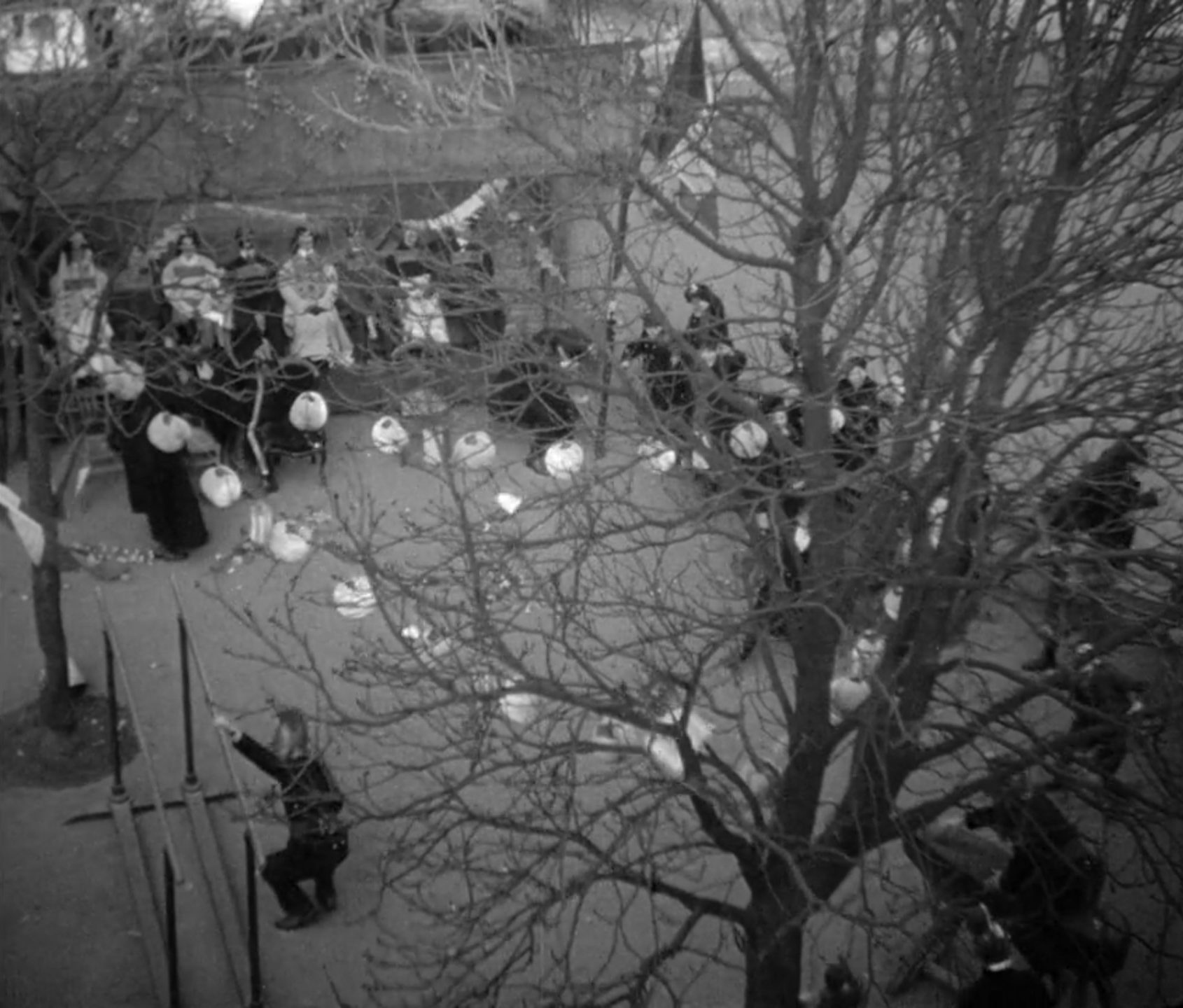
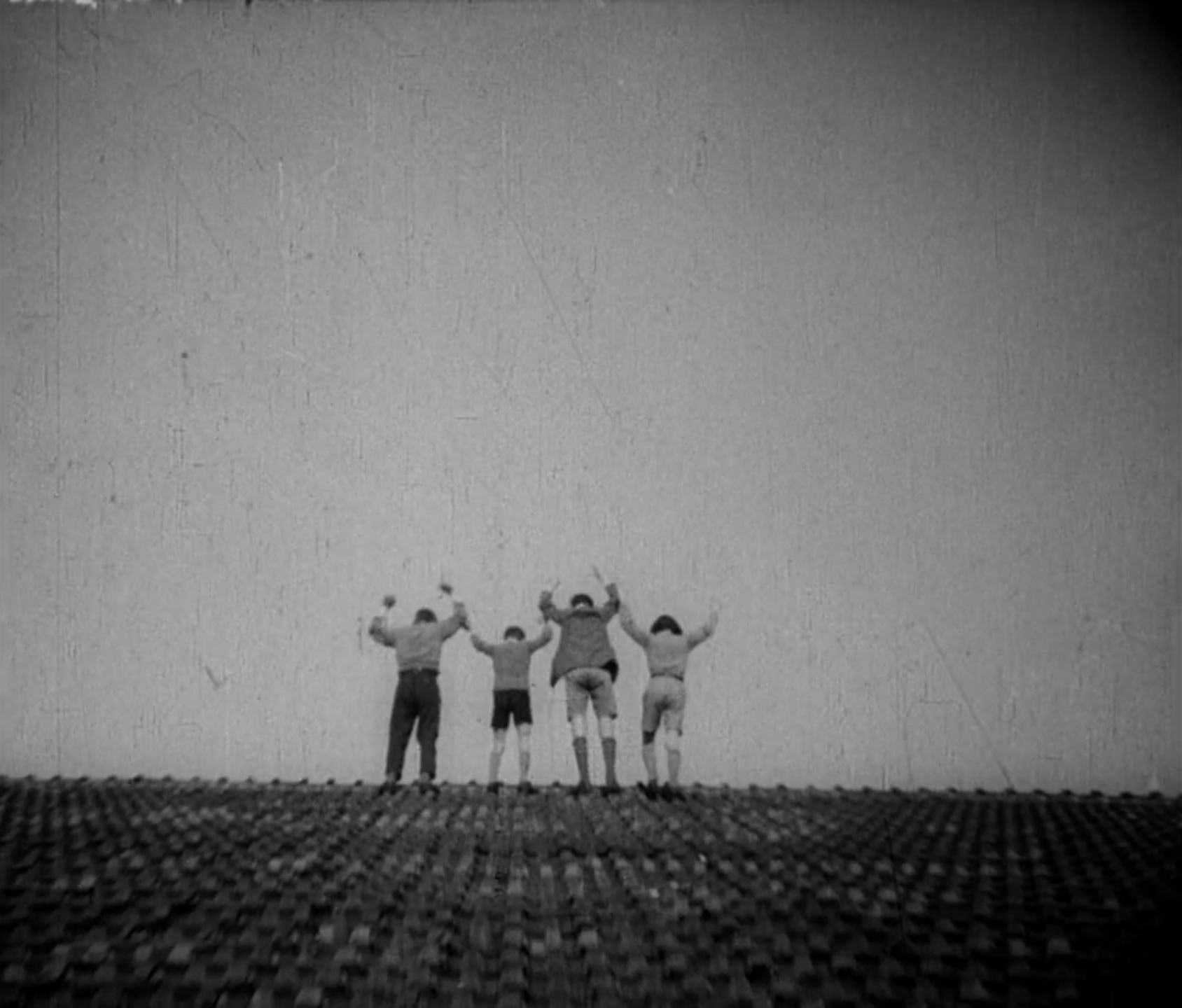
Zero for Conduct is currently streaming on The Criterion Channel.

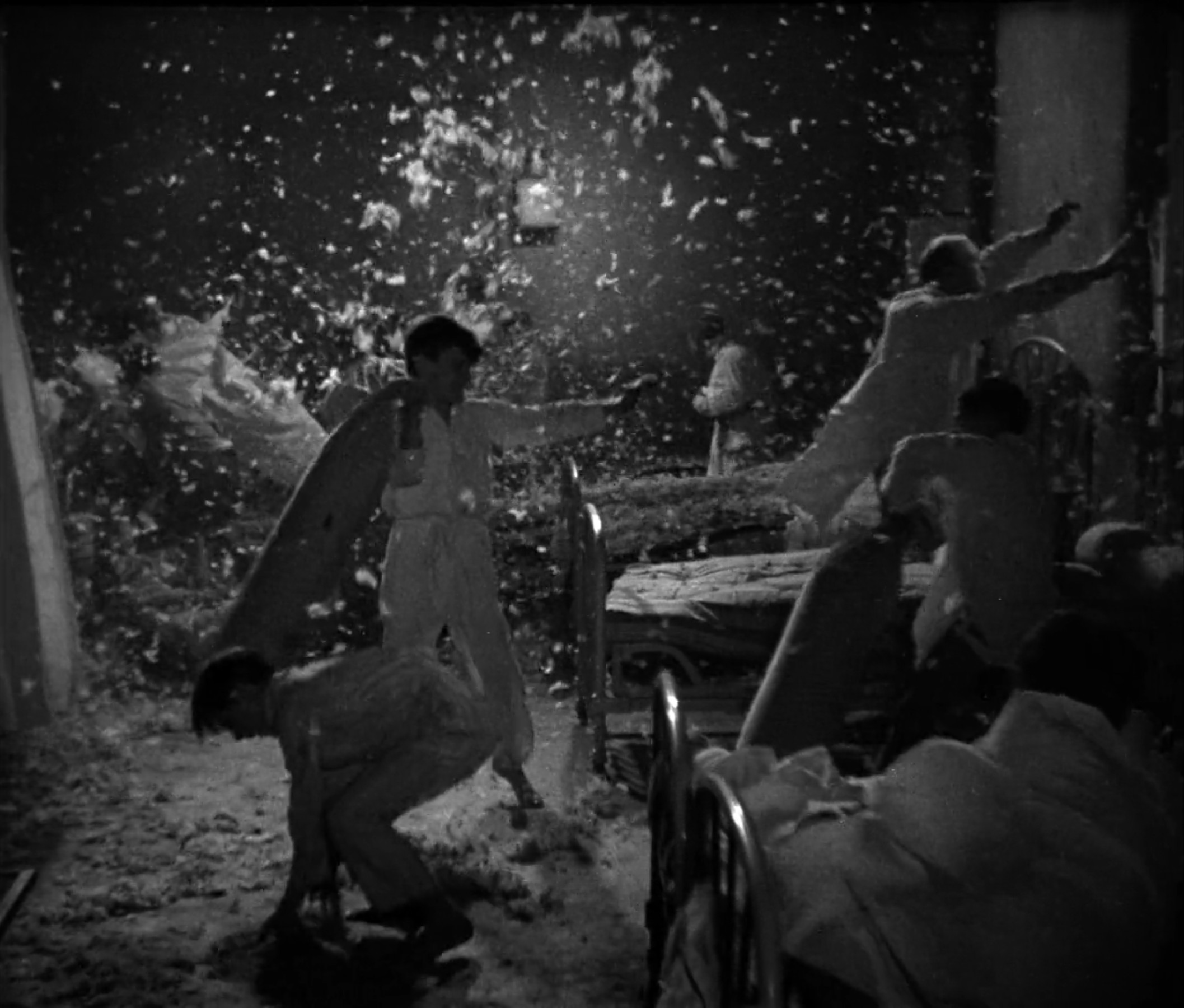
Pingback: Jean Vigo: The Dreamer’s Uprising – Scene by Green